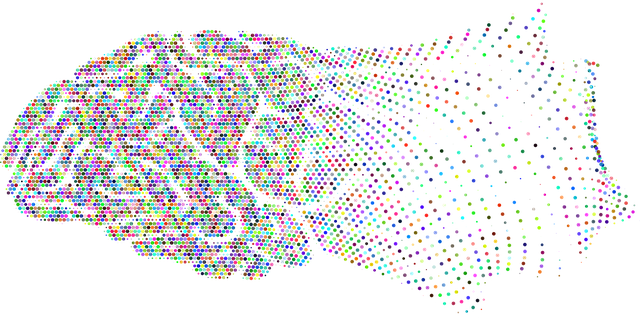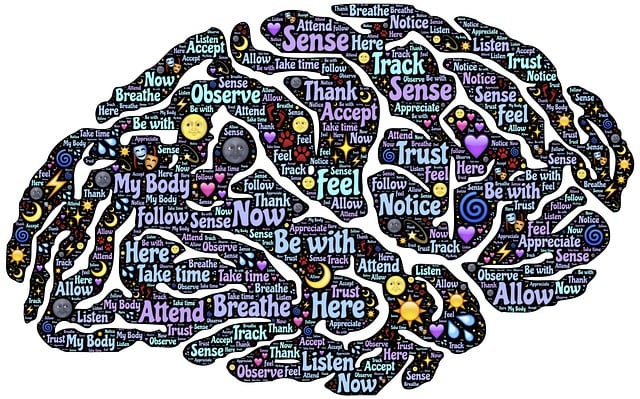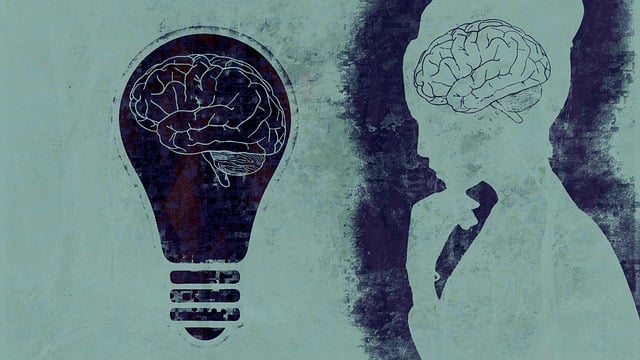Longmont Children Therapy focuses on building resilience in young individuals using the RFM (Resilience, Flexibility, Mastery) framework. They empower kids with coping skills and emotional regulation tools through tailored activities and open communication, fostering self-efficacy and strong mental health foundations. The therapy center involves parents and caregivers in the process, aligning with current mental health policies. Measuring success through qualitative and quantitative methods helps tailor interventions for improved self-care, mental health, and compassion cultivation.
“Unleash a child’s inner strength with Resilience, Flexibility, and Mindfulness (RFM) exercises. This comprehensive guide explores how Longmont Children’s Therapy is revolutionizing resilience building in young minds. From understanding the RFM model as a cornerstone of emotional well-being to practical exercises that empower kids, this article covers all aspects. Discover how these techniques, backed by expert insights from Longmont Children’s Therapy, measure success and foster a resilient mindset in children.”
- Understanding RFM: A Foundation for Resilience in Children
- The Role of Longmont Children's Therapy in Building Resilience
- Practical Exercises to Strengthen Resilience in Kids
- Measuring Success: Evaluating the Impact of RFM Techniques
Understanding RFM: A Foundation for Resilience in Children

At Longmont Children Therapy, we believe that fostering resilience is a cornerstone of healthy development for children. RFM (Resilience, Flexibility, and Mastery) is a powerful framework that serves as a foundation for building resilience in young minds. This approach recognizes that children are not just passive recipients of their environment but active participants who can learn to navigate challenges and adversity.
By integrating RFM principles, our community outreach program implementation aims to equip children with the skills needed to cope with stress, regulate emotions, and persevere through difficult situations. Crisis intervention guidance is woven into our Mental Wellness Coaching Programs Development, ensuring that kids have access to immediate support when facing crises. Through engaging activities and age-appropriate strategies, we help them develop a sense of self-efficacy, fostering a resilient mindset that will serve them throughout their lives.
The Role of Longmont Children's Therapy in Building Resilience

Longmont Children’s Therapy plays a pivotal role in nurturing resilience among young individuals. Through tailored exercises designed to enhance coping mechanisms, this therapy centre equips children with the tools necessary to navigate life’s challenges effectively. By focusing on both emotional intelligence and practical stress management techniques, Longmont Children’s Therapy ensures kids develop robust mental health foundations.
The therapeutic environment at Longmont fosters open communication strategies, encouraging children to express their feelings and thoughts openly. This approach not only strengthens their ability to process emotions but also promotes healthy relationships. Moreover, the centre actively involves parents and caregivers in the therapy process, aligning with current Mental Health Policy Analysis and Advocacy initiatives that underscore the importance of family support in building resilience.
Practical Exercises to Strengthen Resilience in Kids

Building resilience is an essential aspect of child development, and Longmont Children Therapy offers practical exercises to help kids cope with challenges and navigate life’s ups and downs. Through play and interactive activities, therapists guide children in developing healthy strategies to manage stress and anxiety, fostering a sense of self-assuredness and adaptability.
One effective method is incorporating mindfulness practices tailored for young minds. Simple breathing exercises and guided visualizations can help kids calm their nerves and gain control over their emotions. Additionally, engaging in physical activities like yoga or outdoor adventures allows children to release pent-up energy while learning to regulate their responses, thereby reducing anxiety symptoms. These exercises not only promote mental well-being but also foster a positive relationship with one’s body, contributing to the child’s overall resilience and Mental Health Awareness.
Measuring Success: Evaluating the Impact of RFM Techniques

Measuring success when implementing RFM (Regulation, Flexibility, and Mindfulness) techniques in Longmont Children Therapy is crucial to understanding their impact on clients’ resilience building. Therapists often rely on qualitative assessments, such as observing changes in a child’s behavior and emotional responses during sessions, to gauge progress. This involves tracking improvements in self-regulation, like better ability to manage strong emotions or cope with stressor situations.
Quantitative methods, including surveys and standardized assessment tools, can also be employed. These tools help quantify clients’ reported experiences of well-being, mental health status, and perceived resilience over time. By combining these approaches, therapists at Longmont Children Therapy can gain a comprehensive understanding of each client’s unique progress, tailoring interventions to continue fostering self-care routine development for better mental health and compassion cultivation practices, ultimately strengthening their resilience building journey.
Resilience is a vital skill for children to navigate life’s challenges, and Longmont Children’s Therapy has established an effective framework with its RFM (Resilience, Flexibility, and Mindfulness) approach. This holistic method, as discussed in the article, offers practical exercises to empower kids, fostering adaptability and emotional strength. By integrating RFM techniques, parents and therapists can significantly enhance a child’s resilience, ensuring they thrive in various environments. Through understanding, implementation, and measurement, the impact of these strategies can be profound, providing a robust foundation for children to face future obstacles head-on.














